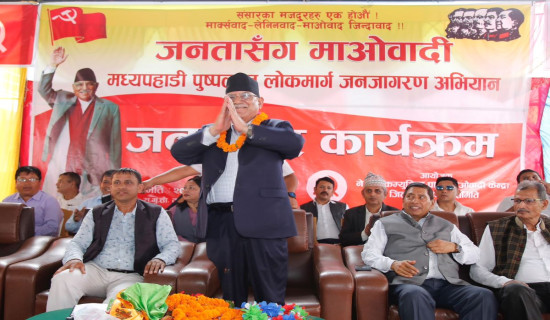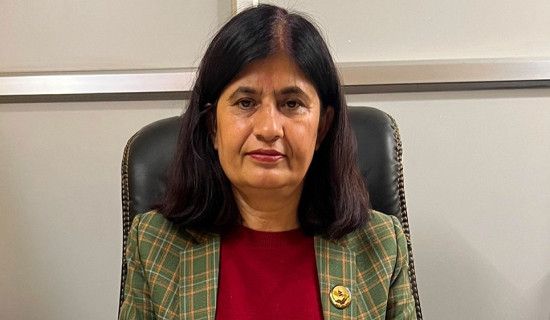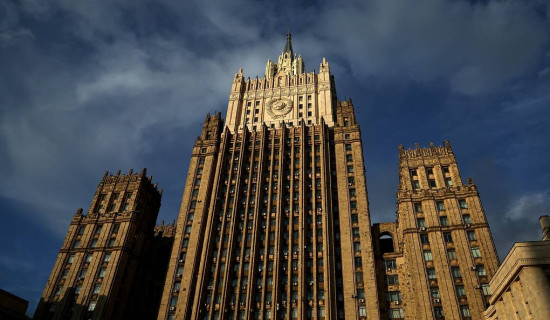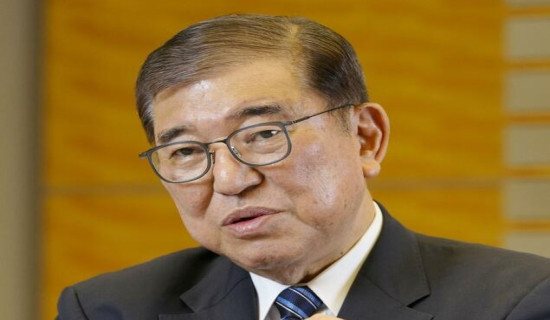- Sunday, 7 September 2025
Govt. unveils fresh provisions to promote uniformity in infertility treatment
Kathmandu, Aug 17: The Ministry of Health and Population has endorsed the Standard for the Operations of Infertility Management Services (IVF), 2082 BS. It was decided and endorsed by a recent ministerial-level meeting.
The newly-endorsed standard aims to regulate infertility treatment services across Nepal, covering critical aspects such as laboratory operations, human resource management, and the procedures for sperm and egg donation, which are considered particularly sensitive in reproductive health care.
According to Dr Saroj Sharma, Chief of the Ministry's Quality Standard and Regulation Division, the Standard will promote uniformity in infertility treatment and establish a legal foundation for effective monitoring of service providers.
“It guarantees minimum requirements in terms of physical infrastructure, qualified human resources and labs, transparency in service fees, and the protection of rights for both service seekers and donors,” he added.
“Infertility is not only a 'sensitive' reproductive health issue, it is also a social and psychological one. This Standard is expected to become a milestone in streamlining infertility services and improving service quality with transparency,” Sharma stated.
Ministry Spokesperson Dr Prakash Budathoki also underscored the significance of the new standard in enhancing the reproductive health sector.
“Infertility cases have been rising in recent years. However, concerns have grown over the quality of services and the procedures. With the implementation of this Standard, those issues will now be properly addressed,” he said.
The new norms warrant that health facilities must obtain prior permission from the Ministry before initiating Intrauterine Insemination (IUI) or In Vitro Fertilisation (IVF) services. Similarly, such facilities are required to employ infertility specialists, trained embryologists, anesthesiologists, and other trained personnel.
It also mandates technical requirements for room temperature control in laboratories and surgical wards, with the provisions of service fees to be regulated and determined by the Ministry.
Likewise, at least 10 per cent of services must be provided free of cost to individuals from impoverished communities.
In terms of donor criteria, egg or sperm donors must be between the ages of 20 to 35 and medically certified to be free from infectious diseases. In the case of married donors, written mutual consent is required.
It adheres to a one-time donation policy as donors are allowed to donate only once, and their identity must remain confidential.
In addition to this, forced or incentivised donation is strictly prohibited. (RSS)

.jpg)

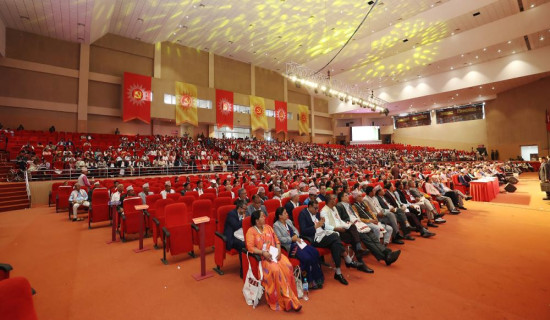
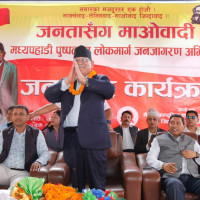
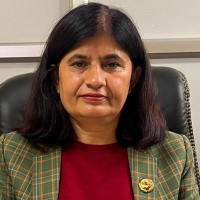


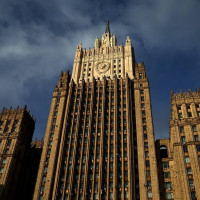
-(1)-original-thumb.jpg)
